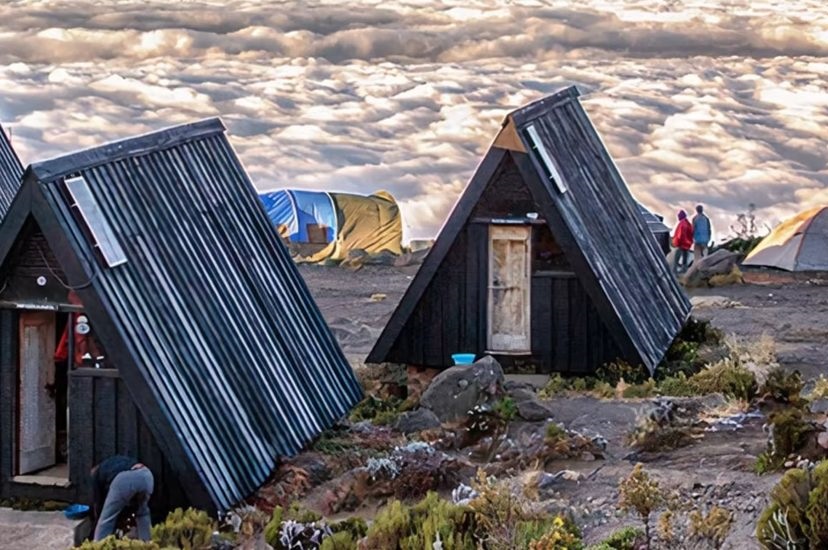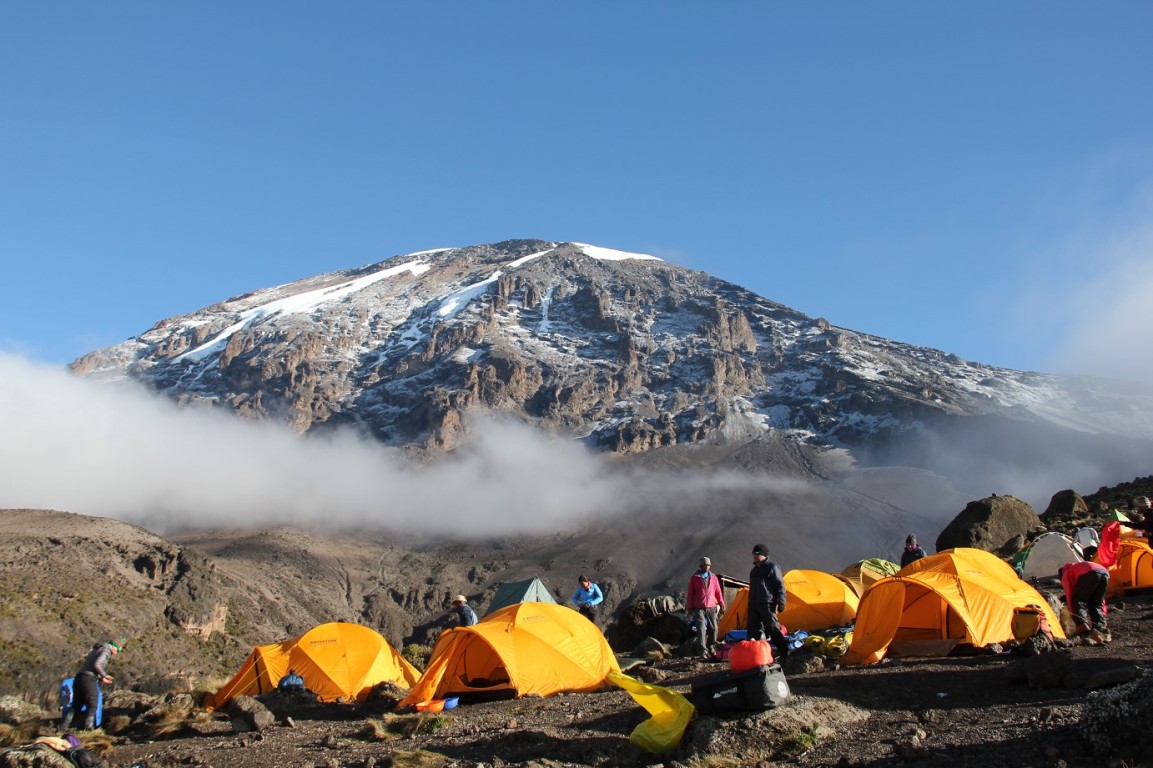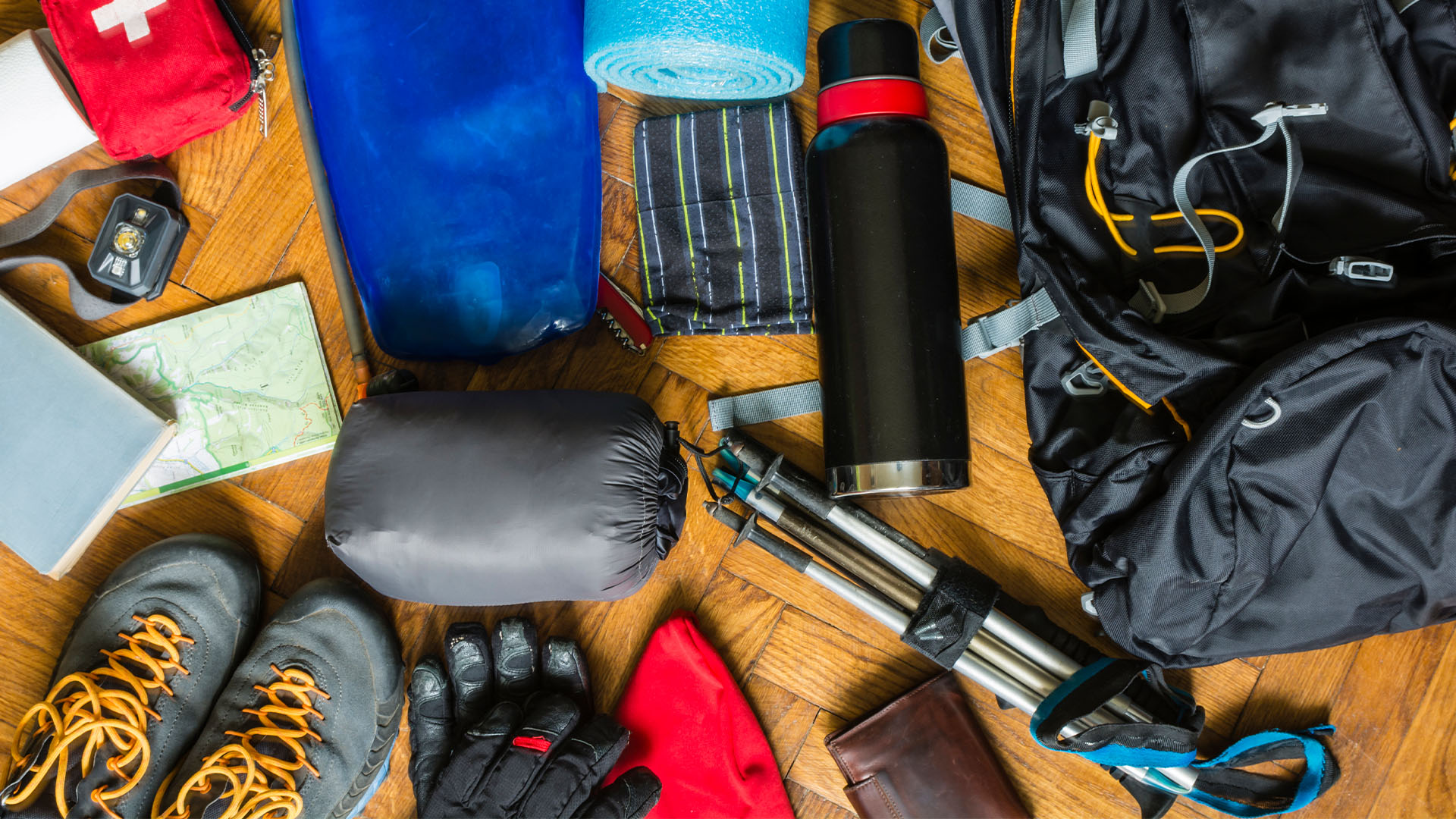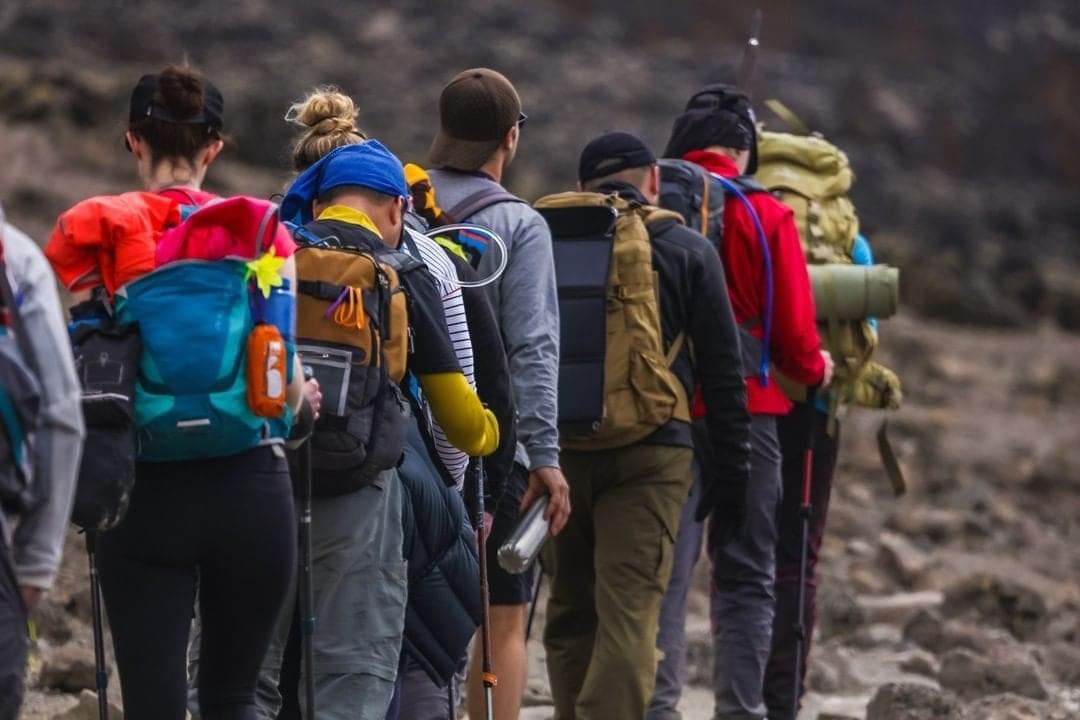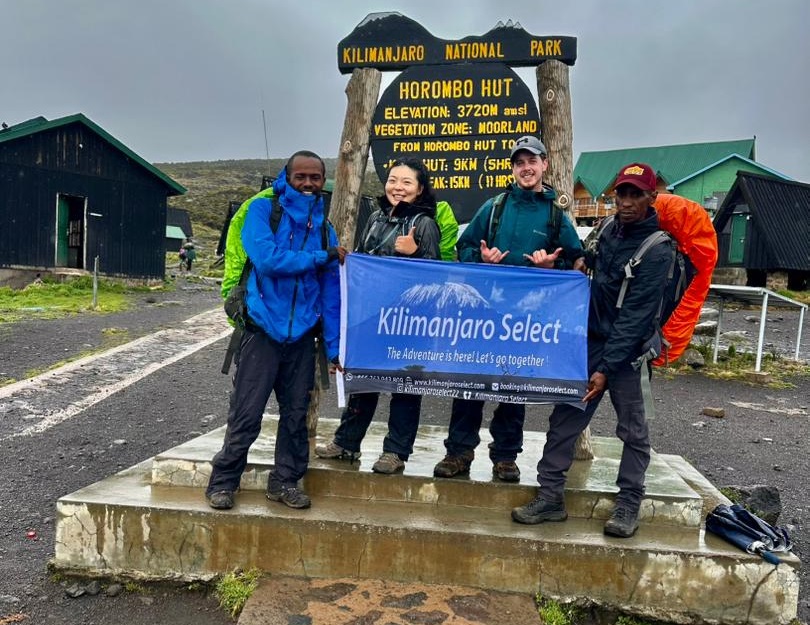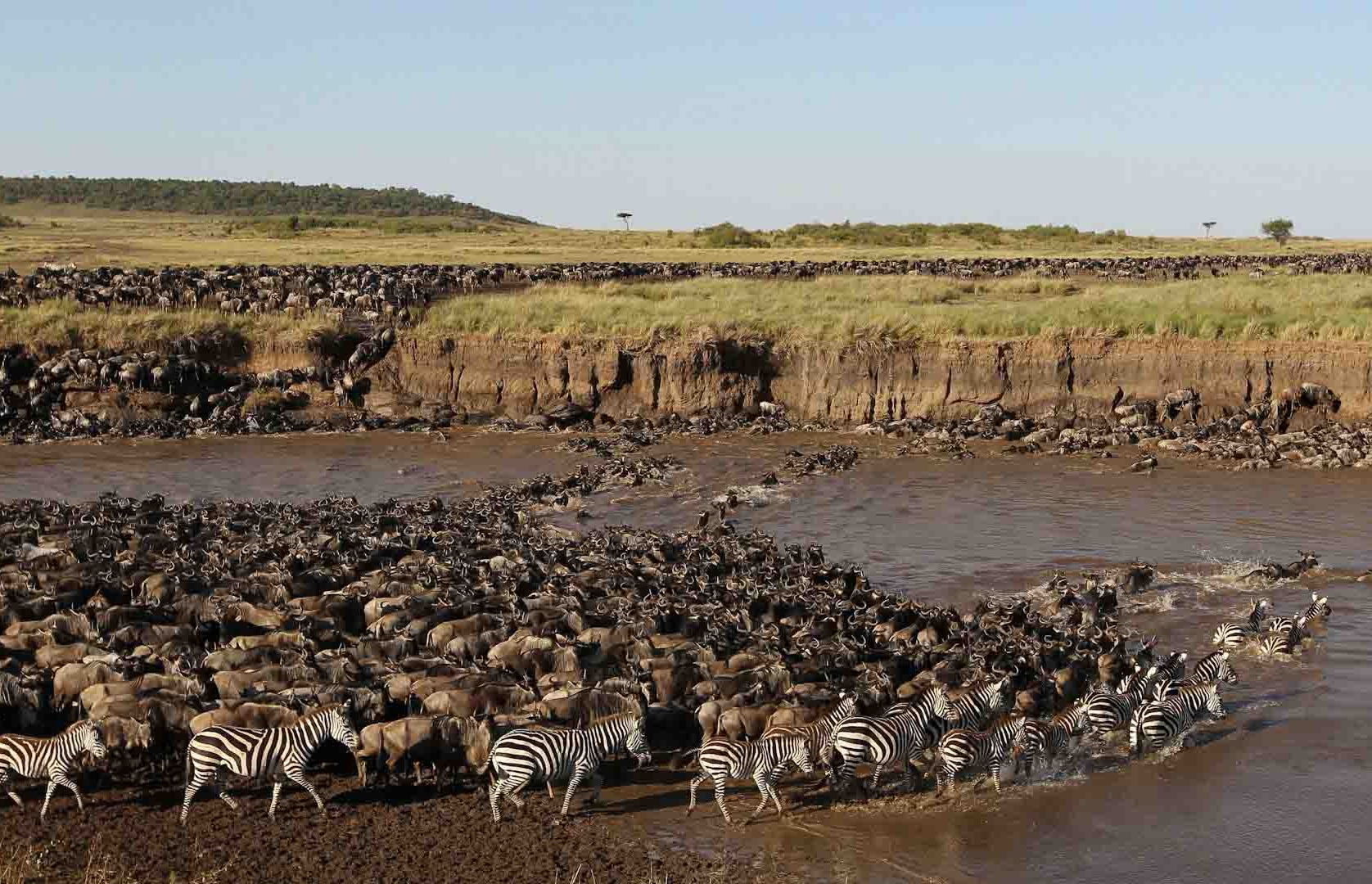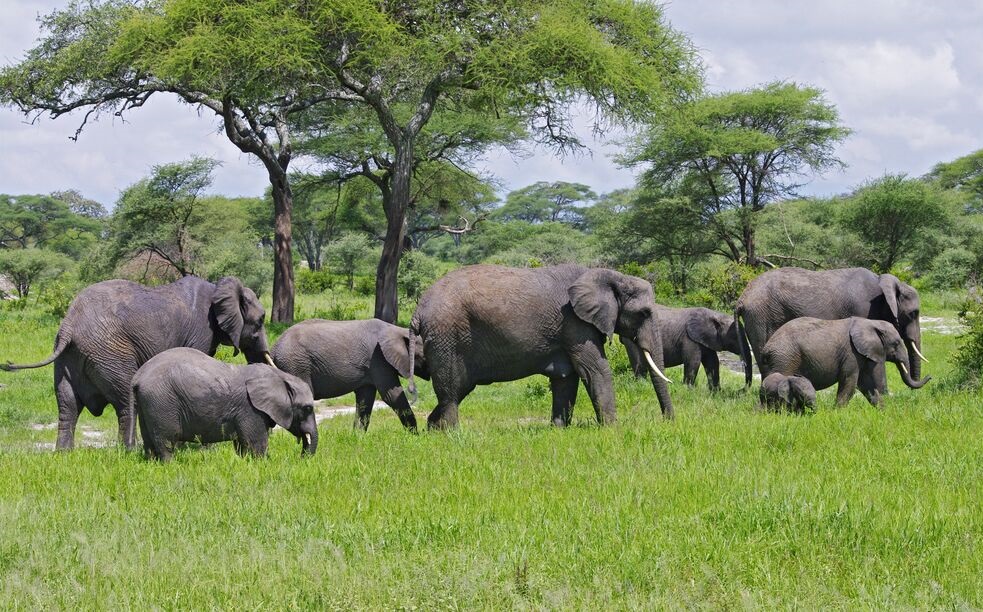Safety and Health on Kilimanjaro
Your safety is our number one priority when climbing Mount Kilimanjaro. From the moment you start planning your trek, we focus on ensuring that you have a safe and successful journey. We carefully select routes that allow for proper acclimatization and recruit the best, highly trained guides. Additionally, we use world-class equipment to support you every step of the way.
On the Mountain
Once you arrive on the mountain, our dedicated team works tirelessly to ensure your health and well-being. We monitor your health closely, keeping an eye out for any early warning signs of potential issues.As part of our commitment to safety, we operate a comprehensive Safety Management System. This system starts with establishing clear safety objectives and conducting detailed risk assessments. We then design our procedures to minimize these risks. Our team continually reviews feedback from climbers to ensure our safety protocols are constantly evolving and improving.
Health and Safety Considerations
Climbing Mount Kilimanjaro is an incredible experience, but it's important to understand the potential health risks. The main challenges climbers face on the mountain are often related to the altitude and the climatic conditions. These changes in elevation and environment can lead to physical challenges such as altitude sickness, dehydration, and fatigue.However, with proper preparation, pacing, and adherence to safety guidelines, these risks can be minimized. Our experienced team will guide you through the process, ensuring that you are acclimatizing properly and staying in good health throughout your journey.
